Ever Wonder Why Yours Stands Out?
At first, I thought it was nothing. Just a random piece of trivia I filed next to “what’s your star sign?” and “do you like pineapple on pizza?” But then, my best friend found out she had o negative blood type after a blood drive at work, and suddenly I was googling everything about it. Turns out, this isn’t just some medical form quirk—your blood type, especially if it’s o negative, can be a literal life-changer. Maybe even a lifesaver.
So let’s get real for a minute. Have you ever looked at your blood donor card or that sticker nurses slap on your hospital wristband and thought, “Huh, does my blood type even matter?” I mean, it’s not like you pull it out at parties (unless you’re me, and you run out of small talk). But stick with me, because there’s some wild stuff about o negative blood type that’s worth knowing… and yeah, I promise, we’ll keep the science chatty, not snoozy.
What Actually Makes O Negative Special?
Let’s break it down. Our blood is sorted into types—a bit like how you might sort socks before laundry, but way more important—because of these little protein “flags” on your red blood cells called antigens. With o negative, there’s a complete lack of A or B antigens and also no Rh factor. Literally, you’re flying under the radar. It’s like showing up at a party in super-casual clothes when everyone else brought costumes. Nobody notices you—and that’s exactly the point in a medical emergency.
What does this mean? Basically, if someone desperately needs blood and doctors don’t have time to test for type, o negative is the go-to. It doesn’t matter if the patient is A, B, AB, or O—your red blood cells just quietly get the job done. No extra drama, just pure support when it matters most.
(True story: a nurse once told me that emergency responders keep o negative on hand ‘just in case’ for this exact reason. Wild, right?)
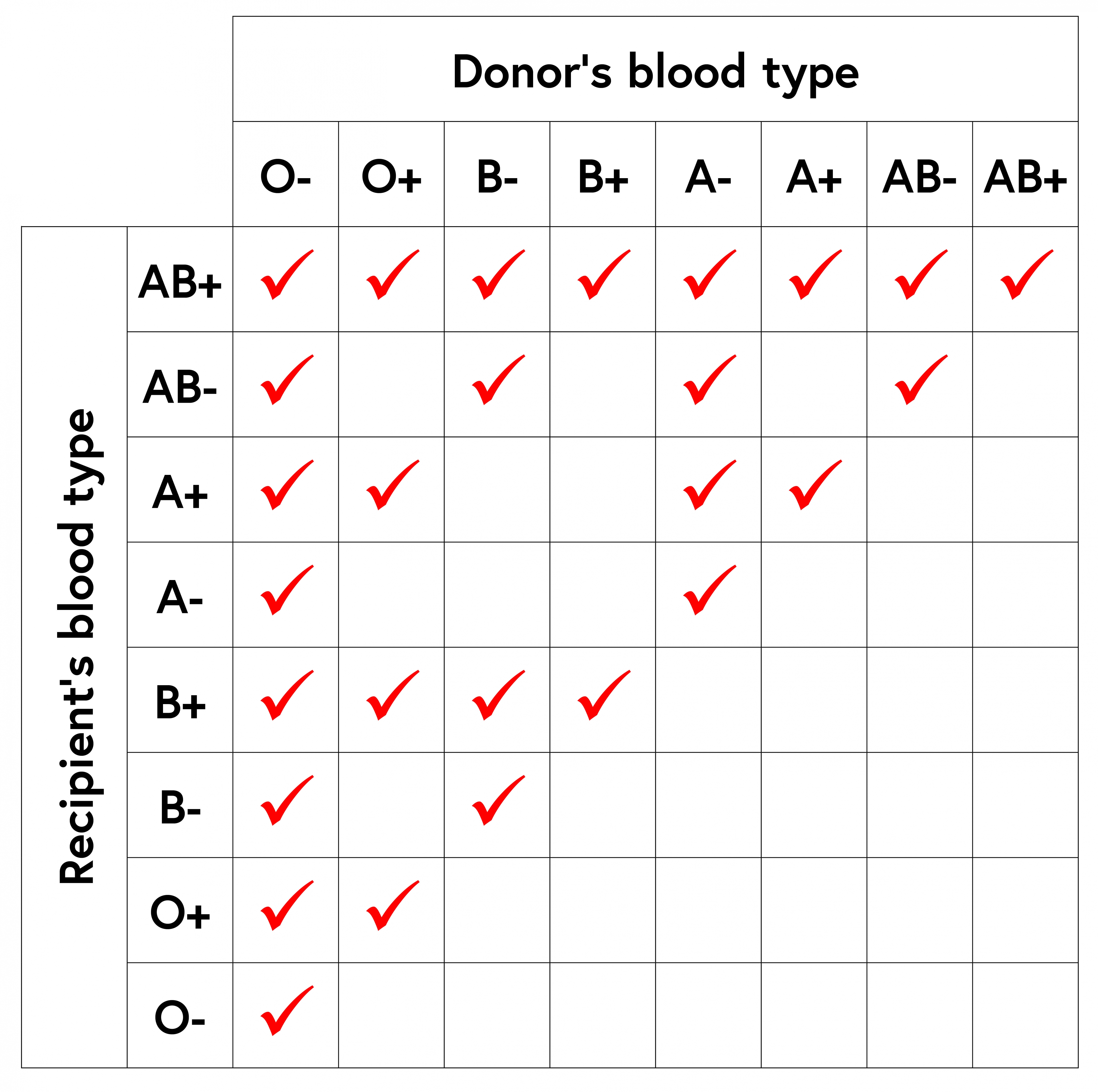
Is O Negative Even That Rare?
Let’s answer the million-dollar question: Is o negative blood type really rare? In the U.S. and Canada, it’s about 7% of the population. So if you put 100 people in a room, only 7 of them would be o negative. Consider that next time you’re at a family reunion or crammed into an elevator. Not super common… but not like winning the genetic lottery, either (according to the Red Cross, it’s less rare than AB negative, for example)
But here’s the kicker: Even though other types are rarer, o negative is always in demand. Hospitals, ambulances—heck, even medevac helicopters—want it ready for emergencies. Why? Because, next to water and bandages, o negative blood type is the most universal tool they have. It can literally buy lifesaving time when every second counts as noted by Blood.ca.
Snapshot: Rarity and Demand
| Blood Type | Approximate % of Population | Key Fact |
|---|---|---|
| O Negative | 7% | Universal donor! |
| O Positive | 38% | Most common type |
| AB Negative | 1% | Universal plasma receiver |
(P.S. If you’re o negative, don’t be surprised if blood banks call you up all the time… they aren’t just being friendly—they really need you.)
The Superpower of Being a Universal Donor
So, yeah… the o negative blood type is called the universal donor. That means your red blood cells can be given to anyone, regardless of what type they are. Seriously. A, B, AB, positive, negative—it doesn’t matter. In a weird way, it’s almost like having superhero backup powers, but only for emergencies.
How Often Is This Superpower Needed?
You’d be shocked. Let’s say there’s an accident and someone’s losing blood fast—there’s no time to check what type they have. The team reaches straight for o negative. It’s like a cheat code for trauma teams. An ER doctor once told me that sometimes one accident victim can need up to 100 units of o negative blood (American Red Cross facts), especially if things are bad. It’s the first blood to run out in a shortage, which (let’s be real) happens a lot more than we think.
There are even stories—way more common than you’d guess—about o negative donors saving immune-compromised newborns. Funeral-level seriousness, but also a reason to feel proud if you’re part of that 7% crew.
But (plot twist!) being a universal donor comes at a price. If you’re o negative, you can only receive o negative blood. It’s a club with strict membership, and honestly… kind of stressful to think about in a crisis. (Not to be dramatic, but my friend Steph is o negative and jokes she’s “always donating, never receiving”—which is, well, not far off.)
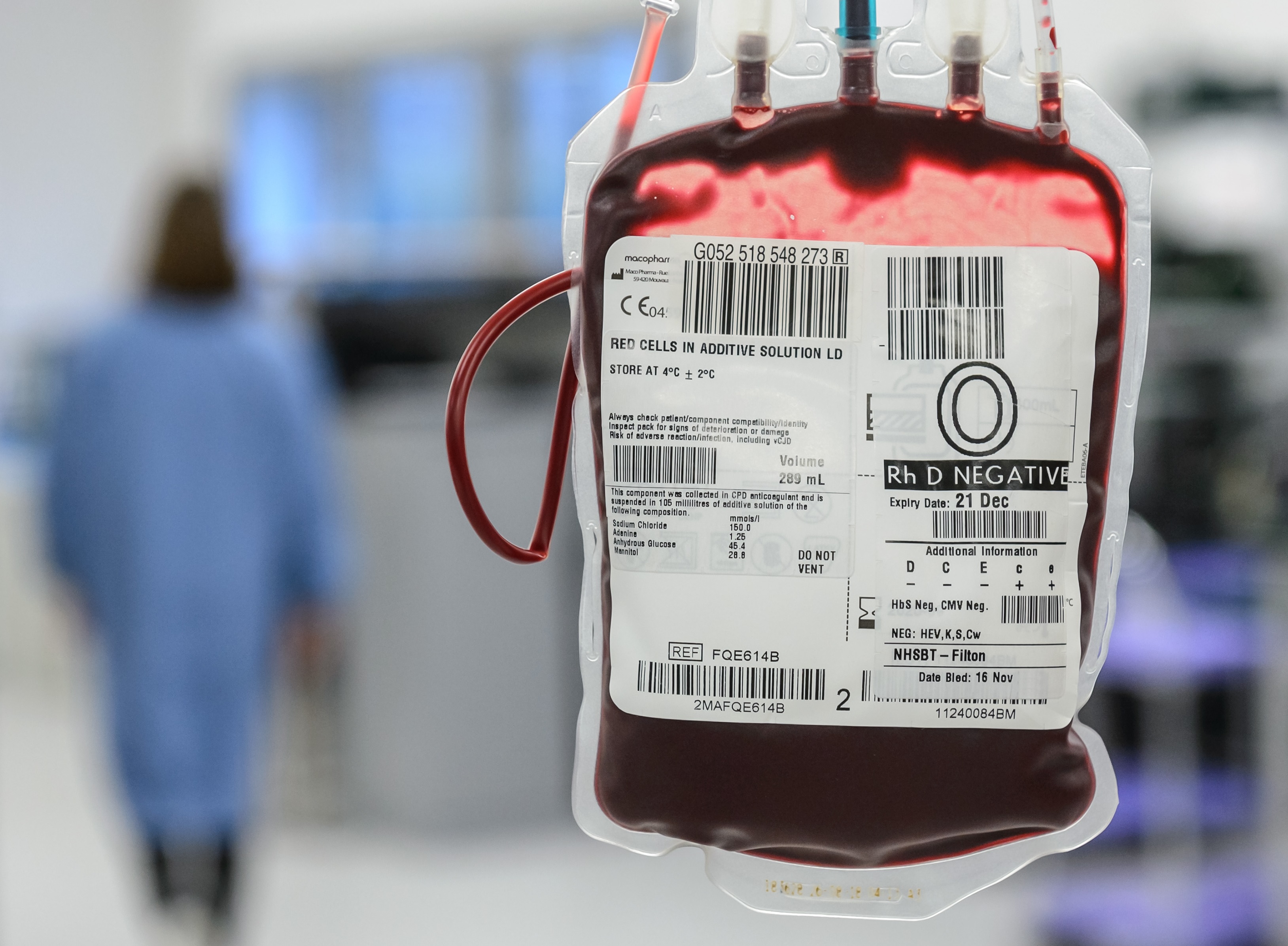
Who Can Receive and Who Can Give?
Let’s break it down super simply. Here’s the rule of thumb:
- If you’re o negative – you can donate red blood cells to ANYONE; but if you need blood, you can only get it from fellow o negatives.
- If you’re anything else – you’ve got a wider mix for transfusions, but you can’t give to just anyone.
So yeah… having o negative blood type makes you a unicorn at the blood bank, but it also means you should know where your nearest fellow unicorns are (just in case).
Quick Table: “Who pairs with who?”
| Blood Type | Who Can Donate To | Who Can Receive From |
|---|---|---|
| O Negative | All types (universal) | Only O negative |
| O Positive | O+, A+, B+, AB+ | O+, O- |
Let’s Talk Origins: Did You Get It From Mom or Dad?
Ever wonder how this “rare” blood type even happens? It’s all in the genes. Blood type is passed down like eye color or (sadly) dad jokes. For o negative, you need to get the “O” gene from both parents and the “negative” part—no Rh factor—from both as well. A quirky little module of DNA (pretty impressive when you think about it).
There are combinations—like O and O, A and B, or even O and B—that could potentially result in an o negative kid, but if you’re curious (or your family tree is a bit mysterious), doctors recommend chatting with a genetic counselor or even booking a simple test. I mean, sometimes what you don’t know does matter, right?
The “Family Tree” Moment
Funny thing: At a wedding, my aunt started swapping stories about how she couldn’t figure out where her o negative blood came from. It turned into a family trivia shootout. Genetics—way more drama than reality TV, trust me.
Does O Negative Impact Your Health (Or Fitness Goals)?
Let’s take a breather from all the medical heroics and get personal—does your blood type (especially o negative) affect your daily wellness or fitness strategy?
Short answer: not as much as you might think… but there are some cool nuggets.
Potential Perks and Pitfalls: Heart Health, Immunity, Pregnancy Stuff
You might’ve heard somewhere that people with o blood types (including negative) have a “lower risk” for certain heart issues. And, weirdly, some research on how your blood type can affect your health actually supports this—experts aren’t totally sure why. (Maybe because O types have lower levels of certain blood-clotting factors?)
BUT—and this is important—being Rh negative (the “negative” part of o negative) does have some extra considerations in pregnancy. If an Rh negative mom is carrying an Rh positive baby, special care and shots are needed so everyone stays healthy. It’s something your doctor will totally have on their radar, but… good to keep in mind, right?
Day-to-day, there’s not some secret “o negative diet” or special gym plan required. But still, being aware is part of the wellness journey.
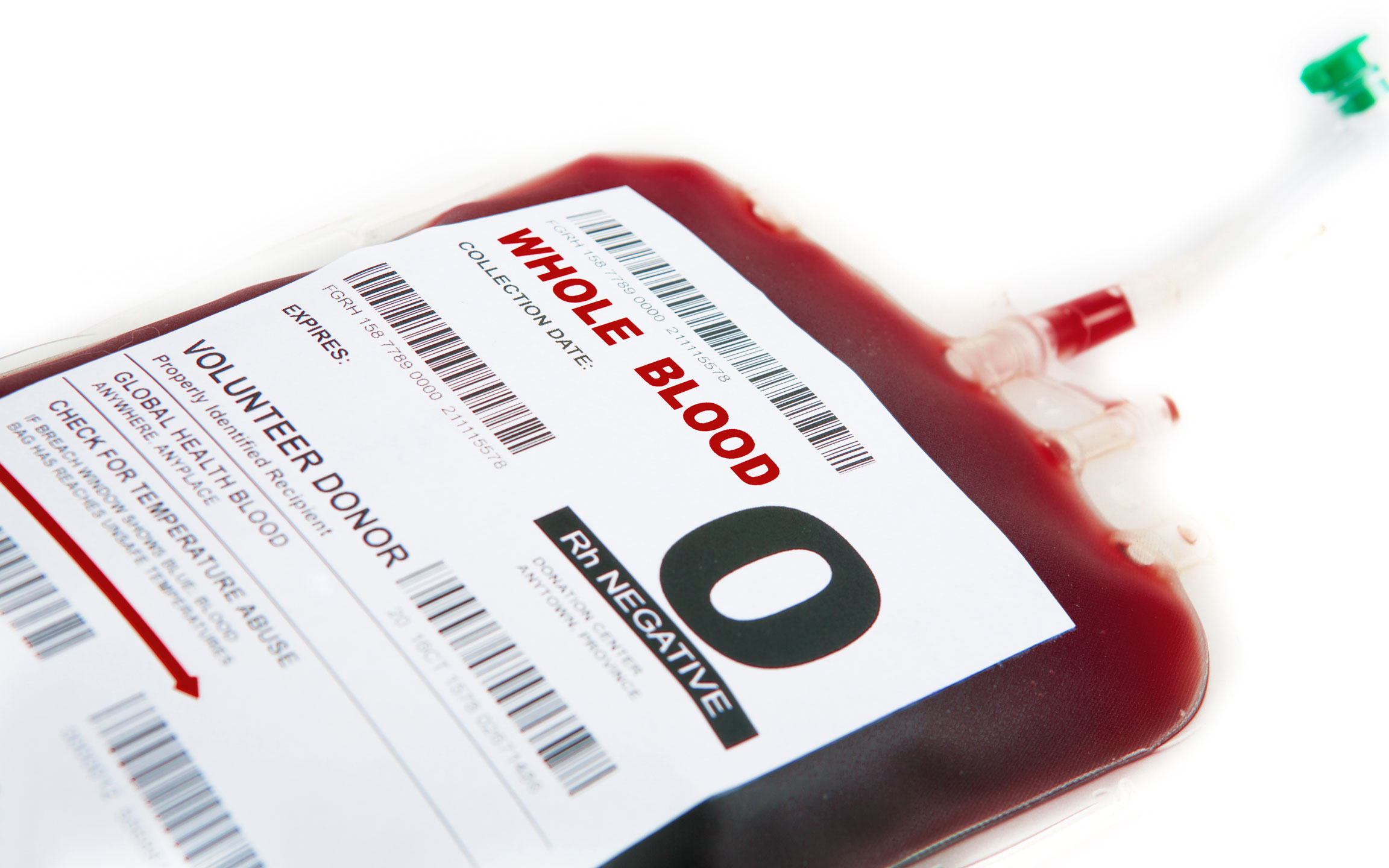
Wellness Hacks for O Negative Types
- Eat balanced meals: Not because of your blood type… just because your body needs fuel. (Trust me, coffee is not a meal.)
- Stay active: Cardio, weights, gentle yoga—it all helps your circulation, which is another way of saying “be nice to your blood.”
- Know your blood type: Seriously. It’s free at the blood donor clinic. And o negative blood type is always welcome if you’re up for sharing a pint.
Personal note: My neighbor (avid runner, also o negative) swears that her mileage goes further knowing she could literally save a life as a blood donor. Little things add up.
How Do You Even Find Out If You’re O Negative?
If you’re not sure, the easiest way is at a blood drive—they’ll check for free and let you know (plus, bonus cookie). Or just ask your doc at your next check-up. You don’t have to make it weird—just say you’re curious. (Bonus: you’ll never forget your type if someone asks you in an emergency.)
“But I’m Nervous About Needles…”
Yeah, totally normal. No shame in it. But if you ever want to dip a toe into the donor world—or just be ready for whatever come what may (cue the “Lion King” soundtrack)—knowing your blood type is a big win. And trust me, nurses are basically pros at making it as chill as possible.
A Few Final Thoughts (And A Challenge!)
I know we’ve covered a lot—science, stories, donor tales. But if there’s one thing I want you to take away, it’s this: Knowing your blood type, especially if you have the o negative blood type, is more than a medical footnote. It’s a chance to step up, help your family, your friends, or even a complete stranger you’ll never meet.
And that’s pretty cool. When minutes matter—and lives are genuinely hanging in the balance—being ready (whether as a donor, or just knowing your status in a crisis) is a powerful thing.
So: Next time you’re at the doctor, ask about your blood type. Tell your family what you find out. Maybe, just maybe, sign up to give blood if you can—especially if you’ve got those universal-donor “superpowers.” You never know when you or someone you love might need that lifeline.
Got a story about giving blood? Ever been called in for a last-minute donor job? Drop your thoughts below—I really want to hear what this journey means for you. And hey, if you just found out you’re in the o negative club, wear it with pride.
Life’s messy, unpredictable… and a bit miraculous—just like the way our blood works. Thanks for hanging with me.


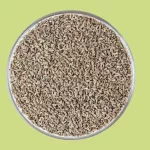








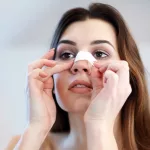
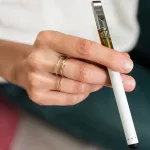


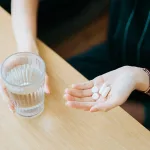


Leave a Reply
You must be logged in to post a comment.